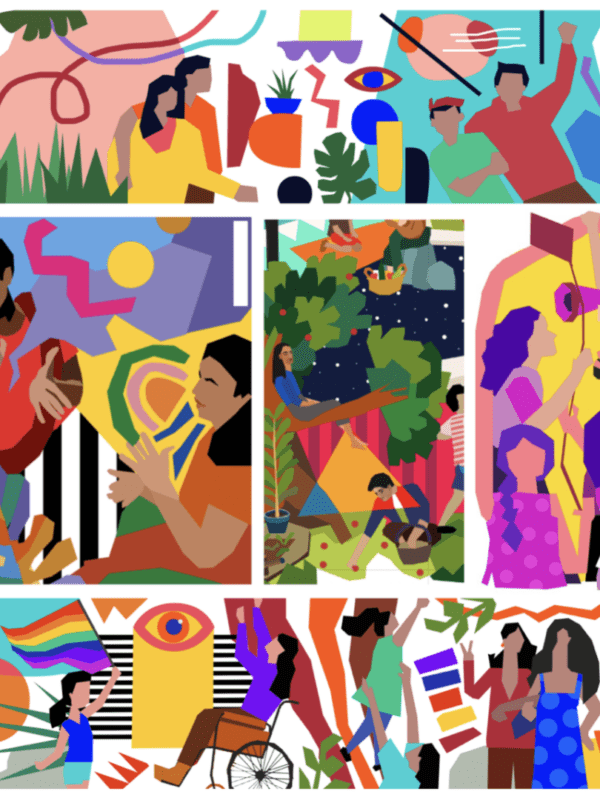Humans are emotionally driven beings. We might try to deny its firm grip on our life but our actions tell a different tale. One such emotion that generates from our innate morals is guilt.
Guilt is a vast abyss that resides in the dark nooks and crannies of every person. Psychologists call it a state of emotional distress that is induced by our moral compass. Guilt often kicks in if our actions, or lack thereof, cause potential harm to another person or ourselves.
Life coaches, Pinterest and Instagram bombards our timeline with poetry and self-help pointers to get over a guilty conscience but how does one truly overcome this consuming emotion? Don’t you worry, I’m not going to prescribe a trip to the mighty Himalayas or Marie Kondo style life clean up for it. The answer to this pressing issue is fairly simple. You have to dig deep and understand the type of your guilt. The guilt of not wishing a friend on her birthday is very different from the guilt of robbing a bank. So, here’s a guide to differentiate the types of guilt that affect us.
Natural guilt
People might come and go in your life but natural guilt stays forever. It hits you on a daily basis when you do something wrong with or without the intention of harming the other person or yourself. For instance, the feeling you get that one time you didn’t pick up your mother’s phone call which made her worried sick, or when you cheated during a diet, or yelled at a Telecaller. The immediate unsettling feeling that consumes you right after that is called natural guilt.
Natural guilt serves a deeper purpose and guides our conscience to make better decisions and amend things.
It is linked with our core values and helps us to avoid unethical behaviour like cheating on a test or swindling money from someone. And the good news is that it has a quick fix. You can always ask for forgiveness, make amends, or re-evaluate your behaviour to overcome it.
Toxic guilt
As the name suggests, toxic guilt is not an easy cookie. It stems from incessant judgement of the self. When you constantly berate and hold yourself responsible for a misconduct that isn’t really caused by you or your actions. People pleasers often feel intense bouts of toxic guilt because they try to do the insurmountable task of pleasing everyone.
Bringing joy to everyone’s life is not your responsibility.
You can control self-judgement by internalising that you cannot control how others feel.
Existential guilt
Newton said that every action has an equal and opposite reaction, and boy was he right! Existential guilt is influenced by the social, political and environmental factors. For example, the vegan lifestyle is a conscious step towards leading a life that does not harm other organisms and nature. Some people also incur this guilt due to the social disparity caused by the class system. On the contrary, existential guilt can also reflect itself if you do not explore all your capabilities as a strong individual and live an incomplete life full of regret.
This sort of guilt gives rise to the infamous existential crisis that plagues every person at least once in their life.
Hold on a minute though, guilt isn’t all that bad as we perceive it to be. It is sometimes a nagging reminder which doesn’t let us astray from the path of being a good person. You need to learn the art of striking a balance between your actions and guilt.
Learn when to apologize, or go the extra mile to rectify your mistake, but also when to let go and let time work its magic.












